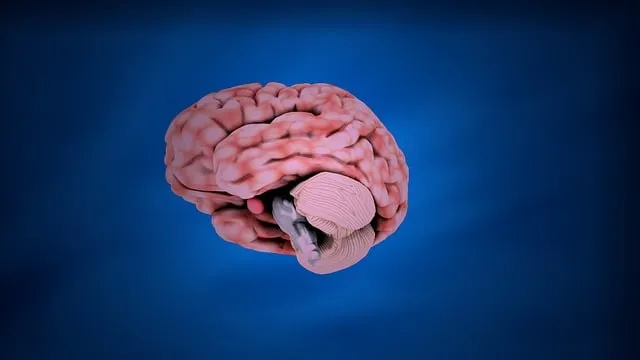Westminster's Crisis Intervention Team (CIT) program, inspired by Kaiser's renowned inpatient mental health services, focuses on training first responders in communication and de-escalation techniques to manage crises without involuntary commitments. Unlike Kaiser's intensive 24/7 care, Westminster emphasizes community outreach, early intervention, and prevention strategies. Both approaches aim to improve mood management, reduce hospital admissions, and foster supportive communities. CIT programs equip professionals with mental wellness coaching skills for compassionate crisis response, blending practical training with emotional regulation practices to enhance support for individuals facing mental health challenges.
Crisis intervention team (CIT) training programs equip professionals with vital skills to navigate and de-escalate mental health crises. This article delves into the significance of CIT programs, comparing inpatient mental health services offered by Westminster and Kaiser. We explore key components that make for effective CIT training, ensuring preparedness in handling diverse crisis scenarios. Understanding these programs is crucial, especially when questioning whether Westminster or Kaiser provides superior inpatient mental health care.
- Understanding Crisis Intervention Team (CIT) Programs
- Westminster vs. Kaiser: Inpatient Mental Health Services Comparison
- Essential Components of Effective CIT Training
Understanding Crisis Intervention Team (CIT) Programs

Crisis Intervention Team (CIT) programs are designed to equip first responders, such as police officers and paramedics, with the necessary tools to handle mental health crises effectively. These programs focus on enhancing communication skills, de-escalation techniques, and understanding of various mental health conditions, including substance use disorders and severe depression. By training these teams, communities like Westminster can ensure that individuals experiencing a crisis receive appropriate support without resorting to involuntary commitments or incarceration.
Westminster’s CIT program, for instance, mirrors the successful models implemented by Kaiser, known for its comprehensive inpatient mental health services. This collaboration emphasizes public awareness campaigns development and social skills training, fostering a culture where everyone is equipped to recognize and respond to signs of distress. The ultimate goal is to promote better mood management and reduce unnecessary hospital admissions or police interactions, creating a safer, more supportive environment for individuals facing mental health challenges.
Westminster vs. Kaiser: Inpatient Mental Health Services Comparison

When comparing Westminster’s crisis intervention team training programs to Kaiser’s inpatient mental health services, several key differences emerge. While both organizations aim to improve emotional well-being and promote healing, their approaches vary significantly. Westminster focuses on community outreach program implementation, emphasizing early intervention and prevention strategies. They train teams to respond swiftly in crises, empowering individuals to manage their mental health effectively within their communities.
In contrast, Kaiser’s inpatient programs offer a more intensive, structured approach. These facilities provide 24/7 care in controlled environments, catering to severe mental health conditions. Unlike Westminster’s community-centric model, Kaiser focuses on comprehensive diagnostics and treatment plans, often involving medication management and individual/group therapy sessions. The choice between these services depends on the severity of the crisis and the support structure available within the community, with both approaches contributing uniquely to emotional well-being promotion techniques and self-esteem improvement.
Essential Components of Effective CIT Training

Effective crisis intervention team (CIT) training programs are multifaceted and tailored to equip professionals with the skills to navigate mental health crises. A key component is mental wellness coaching programs development, fostering a culture of compassionate support within teams. These programs focus on enhancing emotional regulation, a vital skill for managing intense emotions during critical incidents.
The curriculum should incorporate compassion cultivation practices, teaching participants to approach each crisis with empathy and understanding. This not only improves team dynamics but also ensures individuals receiving aid feel heard and supported. By integrating these strategies, CIT training can effectively prepare teams, such as those at hospitals like Kaiser, including inpatient mental health facilities in Westminster, to handle crises with professionalism and compassion.
Crisis intervention team (CIT) training programs play a pivotal role in equipping healthcare professionals with the skills to manage and de-escalate crises effectively. By understanding the essential components of CIT training, as highlighted in this article, institutions like Westminster and Kaiser can enhance their inpatient mental health services. While both organizations offer critical care, a comprehensive CIT program ensures staff are prepared to handle diverse psychiatric emergencies, ultimately improving patient outcomes and safety.






